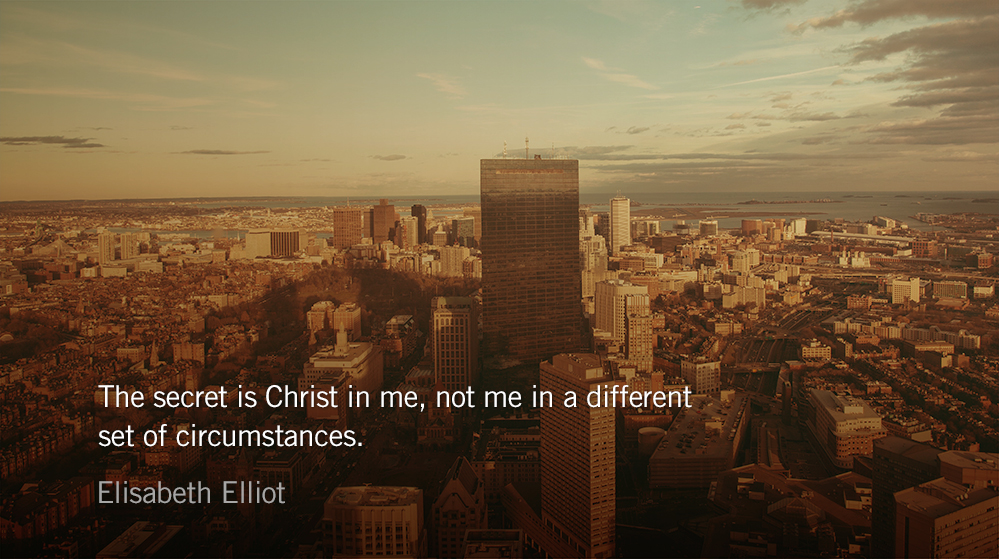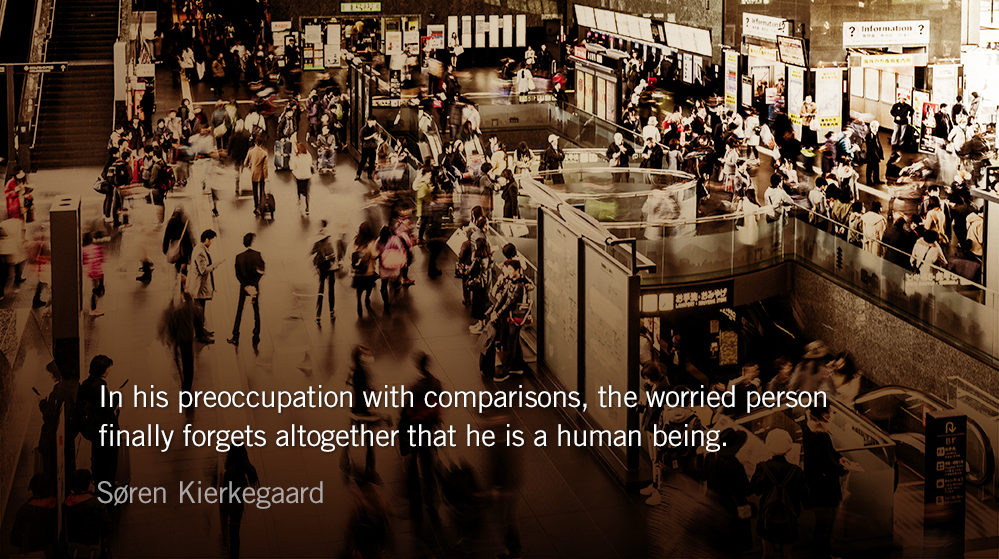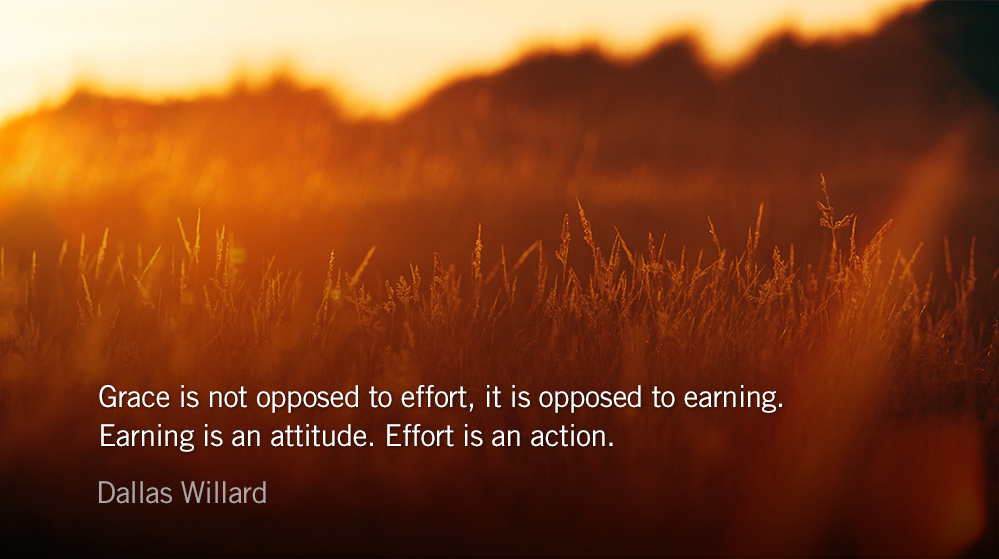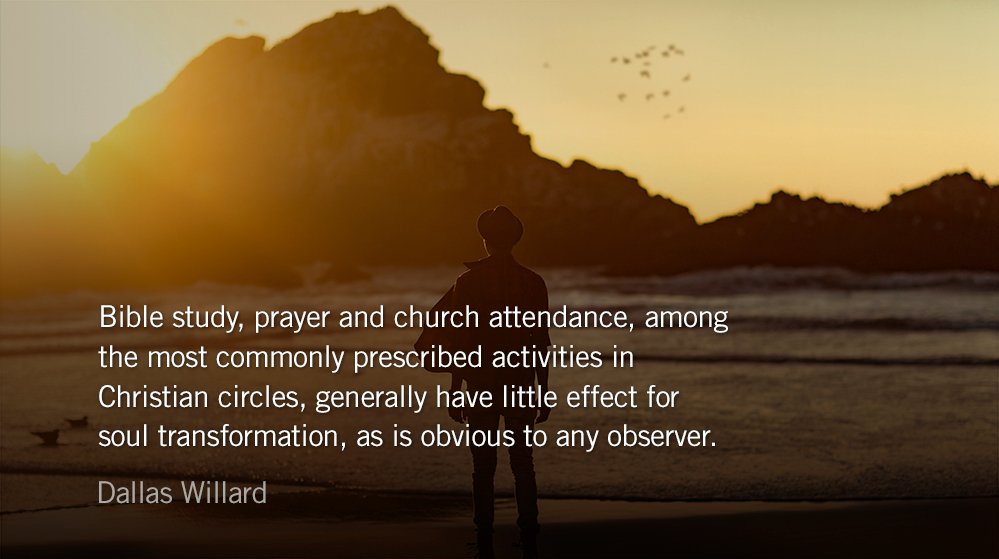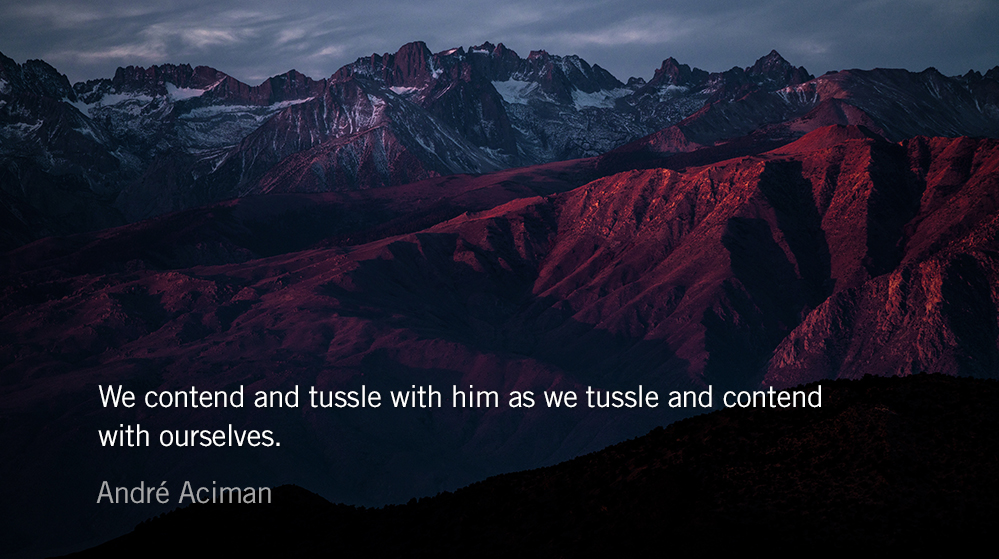The secret is Christ in me, not me in a different set of circumstances.
― Elisabeth Elliot
Scripture: Hebrews 7.17
For it is witnessed of him, “You are a priest forever, after the order of Melchizedek.”
Reflection: Unfathomable Love
By Thomas Jacombe (1622-1687)
We are more apprehensive of the love of the Son, than we are of the love of the Father. I would not speak any thing to diminish the love of the Son; God forbid! It was wonderful, superlative love! Only I would heighten your apprehensions of the Father’s love in the great work of our redemption.
Admire the love of the Father.
Redemption was not only brought about only by Christ, the Father had a great hand in it. God set his thoughts on work for wretched man, struck up a covenant with his Son, and therein laid the foundation for man’s recovery. Let angels and men and all creatures adore God’s love. That you would return love for love—return your drop for God’s ocean! We must “honor the Son, even as we honor the Father;” and we must love the Father, as we love the Son.
And then admire the love of the Son too.
He is willing to engage in this covenant. He knew the terms of it; what the redemption of man would cost him—even his life and precious blood: yet, for all this, he willingly and freely binds himself to redeem poor sinners, whatever it cost him.
Oh, the heights, depths, breadths of this love! Blessed Jesus, that you should “lay down your life for” me, to wash away my sins in your own blood, to give your “soul as an offering for sin,” upon this encouragement and motive—that you might see such a poor worm as I brought in to God; that you should set yourself as a screen between God’s wrath and my poor soul, and do and suffer ten thousand times more than what tongue can express or heart conceive.
What shall I, what can I, say to all this? I may only fall down, and wonder at that love which can never be fathomed!
*Excerpted and languages updated from Thomas Jacombe’s sermon, “The Covenant of Redemption Opened.”
The Request for Presence
O Lamb of God, that takes away the sins of the world, have mercy upon me.
O Lamb of God, that takes away the sins of the world, have mercy upon me.
O Lamb of God, that takes away the sins of the world, grant me your peace.
– From The Divine Hours: Prayers for Autumn and Wintertime by Phylis Tickle
Full prayer available online and in print.
Today’s Reading
Genesis 14 (Listen – 4:04)
Matthew 13 (Listen – 7:23)
This Weekend’s Readings
Genesis 15 (Listen – 2:53) Matthew 14 (Listen – 4:14)
Genesis 16 (Listen – 2:18) Matthew 15 (Listen – 4:23)


